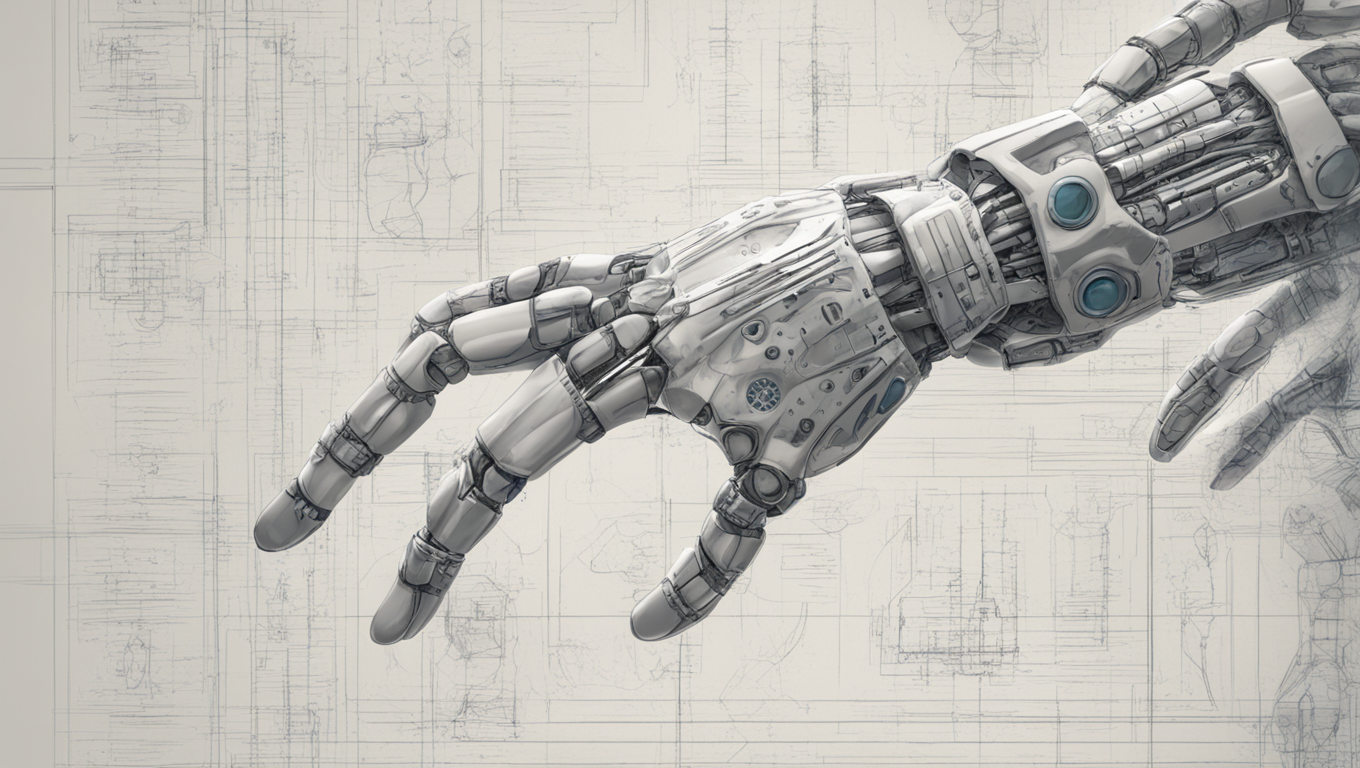Treatment of cancers has undergone a remarkable transformation in recent years, with artificial intelligence (AI) revolutionizing the field and leading to better outcomes for both doctors and patients. From developing new drugs to predicting treatment outcomes and prognosis, AI is playing a crucial role in cancer treatment and personalized medicine. The growth of personalized medicine, in particular, has been greatly facilitated by AI. However, concerns about data privacy, safety, and ethical use of patient data remain.
According to Dr. Raj Nagarkar, Managing Director & Chief of Surgical Oncology & Robotic Services of HCG Manavata Cancer Centre, AI is no longer limited to traditional approaches like surgery, chemotherapy, targeted therapy, or radiation. It has profound implications in radio diagnostics and biomedical cancer research as well. AI applications in biomedical cancer research are helping to develop new medications and treatments, as well as facilitating early cancer detection through image analysis.
AI computer vision models are being explored in radio-imaging modalities for the early detection of diseases and cancer risk prediction. Startups in point-of-care diagnostics are using AI algorithms for early detection, with promising results. Early detection has a significant impact on outcomes, and AI can greatly improve the delivery of cancer care.
AI is also making significant advancements in radio diagnostics. Machine learning techniques in CT scans and MRIs are improving imaging accuracy, and AI-driven aids can enhance segmentation and improve the diagnosis of several cancers. In surgery, AI analyses of computer-assisted or robotic-assisted procedures are making surgeries safer, more specific, and more comfortable for patients.
One of the most exciting developments is the use of AI in chemotherapy. AI refines and customizes treatment options by analyzing datasets and tailoring treatment plans based on genetic and molecular characteristics. Predictive models can estimate patient responses to specific regimens, providing valuable insights to clinicians.
AI is not only transforming traditional cancer treatment methods but also expanding treatment options like immunotherapy and CAR T-cell therapy. Deep learning models for cancer stem cell detection aid in early diagnosis and customizing treatment plans, making AI a reality across all facets of oncology, from diagnosis and research to treatment.
Despite these promising advancements, there are challenges to overcome before widespread adoption of AI in healthcare. Data privacy, safety, and ethical use of patient data are key concerns that need to be addressed. Dr. Roheet Rao, AVP, IT & Oncology at Apollo Hospitals, also highlights the issue of bias in AI models, which is based on the training data used to generate them. He emphasizes the need for validation of AI models across different types and cohorts of data to avoid biases.
To ensure patient safety, the accuracy and reliability of AI models must be thoroughly tested both prior to and within clinical settings. Clinicians will always have the final say in clinical care, and having a human-in-the-loop is essential to ensure oversight when using AI.
Artificial intelligence has unveiled tremendous potential in revolutionizing cancer treatment and personalized medicine. By harnessing the power of AI, doctors and patients alike can look forward to improved outcomes and a brighter future in the fight against cancer.





Use the share button below if you liked it.